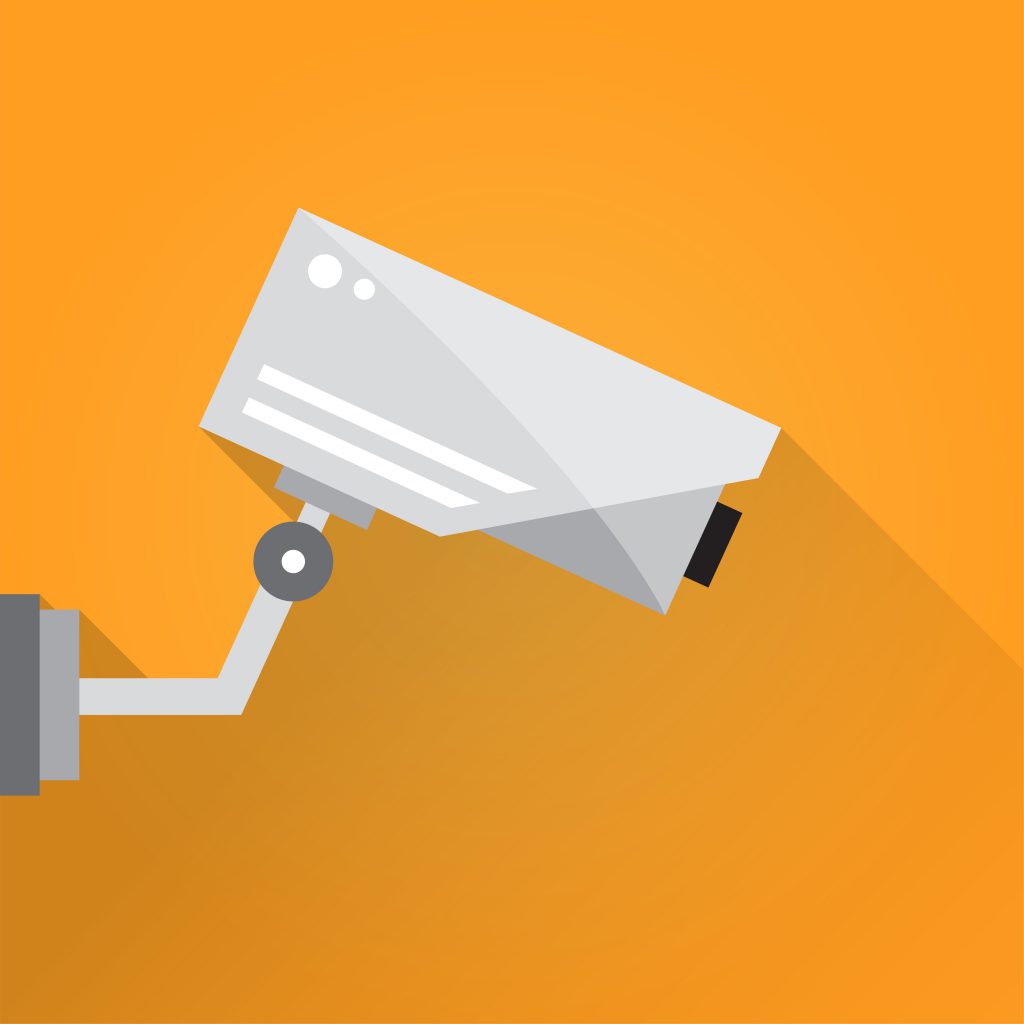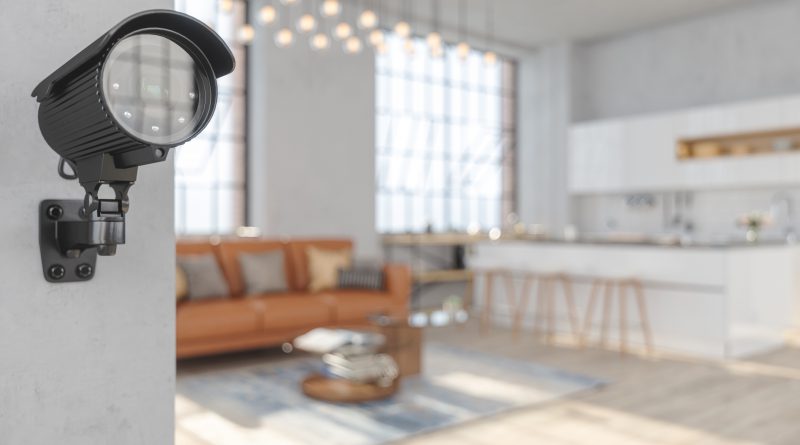Prevent Your Security Cameras from Getting Hacked
Aussies have lost almost a million dollars to hacking since the beginning of 2020. Smart devices have become more vulnerable to different types of malware and hacking, particularly when left unsecured. Just last month a compromised home security camera was streamed live on a website tracked to a Russian IP address. This website allegedly allowed its spectators to control these cameras by zooming in, out, and around. The suspected group of hackers denied the accusation, instead blaming the camera’s lack of security, which the hackers claimed did not have appropriate protection.

Unfortunately, these incidents are not isolated especially since opportunists see hacking IoT (Internet of Things) devices as a financial gain. Some of the major motivations that make security cameras their distinct targets for hackers include:
- Easy internet accessibility which makes it easy for them to hack
- It has a low investment in hacking since it requires little research since security cameras tend to be similar to each other’s models
- Lack of security in physically not being able to check your device, and negligence of owners to install security software
- Security cameras boasts of high performance and bandwidth which creates an easy hacking target for cryptocurrency mining and other web threat attacks
To prevent hacking threats to your home security surveillance cameras, ensure that you have these best practices in mind:
- Change passwords and other default settings before using your security cameras. Once you have your web cameras ready, make sure you change the default password into a complex one. A complex password has numbers and symbols.
- Install and configure your device according to the manual. Remember to always follow the instructions from the manufacturer. These instructions provide a good explanation of how you can utilise your device, how to set it up correctly, and how to configure its security settings appropriately.
- Update your camera’s software and operating systems regularly. Ensure that both the software and operating systems for your camera is up-to-date. These updates usually contain more robust security protection that will secure your device better.
- Get home network security software. To ensure the security of your internet-connected devices, get security software like Trend Micro Home Network Security, which will protect and prevent your security cameras and smart devices from being hacked.
Always practice these tips to keep you and your devices secure. If you or someone you know has had their security cameras hacked or potentially hacked this can be reported to Scamwatch.


